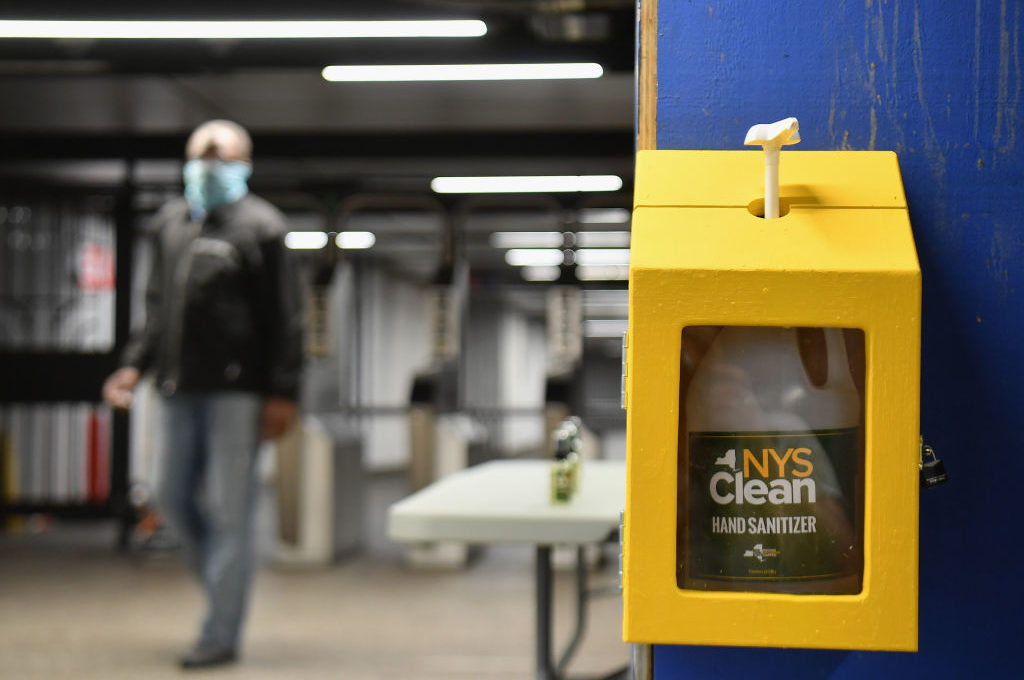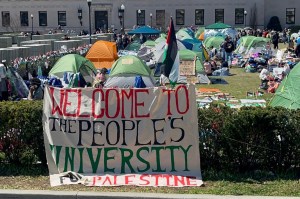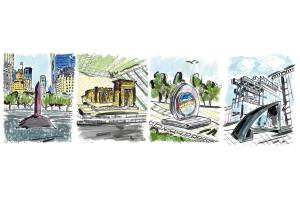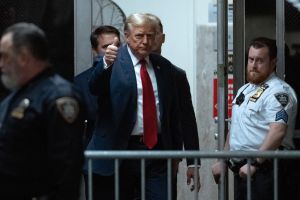Parts of the country are talking openly about lockdowns again. The dangerous economic, mental health, educational and developmental implications of shutdowns have been widely debated. One that has not been sufficiently discussed is the social division and distrust bred by draconian rules that pit neighbor against neighbor. We all have stories about being shamed, yelled at or reported on for not wearing a mask outdoors, not socially distancing enough, or for gathering in our yards. Who are these finger-pointers and what does it mean when society produces people who appoint themselves watchdogs over everyone else?
About three months into the lockdown in New York, I went to my local tailor. He greeted me, masked and gloved, on a weekday morning to work on a few pieces of clothing I wouldn’t be wearing any time soon. Like my tailor, I had nowhere to go. The governor of our state had decreed it so.
But Jeff needed to pay his bills. So I chose to give him some work. There we were, two adults, engaging in voluntary, consensual, commerce. We assessed the risks and took careful precautions.
About 30 minutes later he texted me. He was sorry, he said. I couldn’t return to pick up my clothes. Why? Because someone had seen me in his shop and anonymously called the police to inform on us. The police acted swiftly, telling my tailor he may not have any more customers, no matter how much PPE he or they might wear. ‘Essential’ applied to the liquor store to his right, but not to him.
There is much to say to and about politicians who engaged in authoritarianism masked as public health advocacy during the COVID-19 crisis. But another group of oppressor-crusaders shouldn’t be overlooked: the citizen informants who eagerly participated in the state’s takeover of its other citizens’ rights.
From Bill de Blasio’s tip-line enthusiasts, to drone operators, to those who call the police when they witness a child’s birthday party taking place in their own private yard, these snitches are the weak links in our society who see a moment for themselves in moments like these. Their PPE is self-righteousness and anonymity. Cloaked in those, they inform on you and call it ‘civic responsibility’. But it isn’t.
These aren’t citizens who, in the interest of the public good, report child abusers or looters. These are the people who, in their own interest, eagerly report hemline infractions and birthday cake offenses as they spy through a half-opened curtain or a slat in a fence. Their nosiness and yearning for authority manifest at the beginning of increasingly awful continuum.
[special_offer]
We have met these kinds of people before — on campus where they reported their professors to the Diversity and Inclusion Office for gender-pronoun mistakes, and at the worst end of the spectrum — in communist societies where they turned their comrades into the state for non-compliance with party ideology. They want to be in charge but aren’t. The next best thing is to call the people who are and help them to enforce ‘the rules’. We don’t want to encourage this.
With the panic subsiding and the data piling up, the country is already looking back on this moment and wondering why we made the decisions we did. Will those who had the phones in their hands and the authorities on speed-dial take an accounting of their overreach? Will they recognize that sometimes their actions had nothing to do with public safety and everything to do with personal power?
Our community will survive COVID-19, but may not so easily recover from a culture that encourages anonymous informants and self-righteous snitches. We will surely all have a vaccine against COVID-19 before we have a solution for the distrust that it’s sown between friends and neighbors.


















